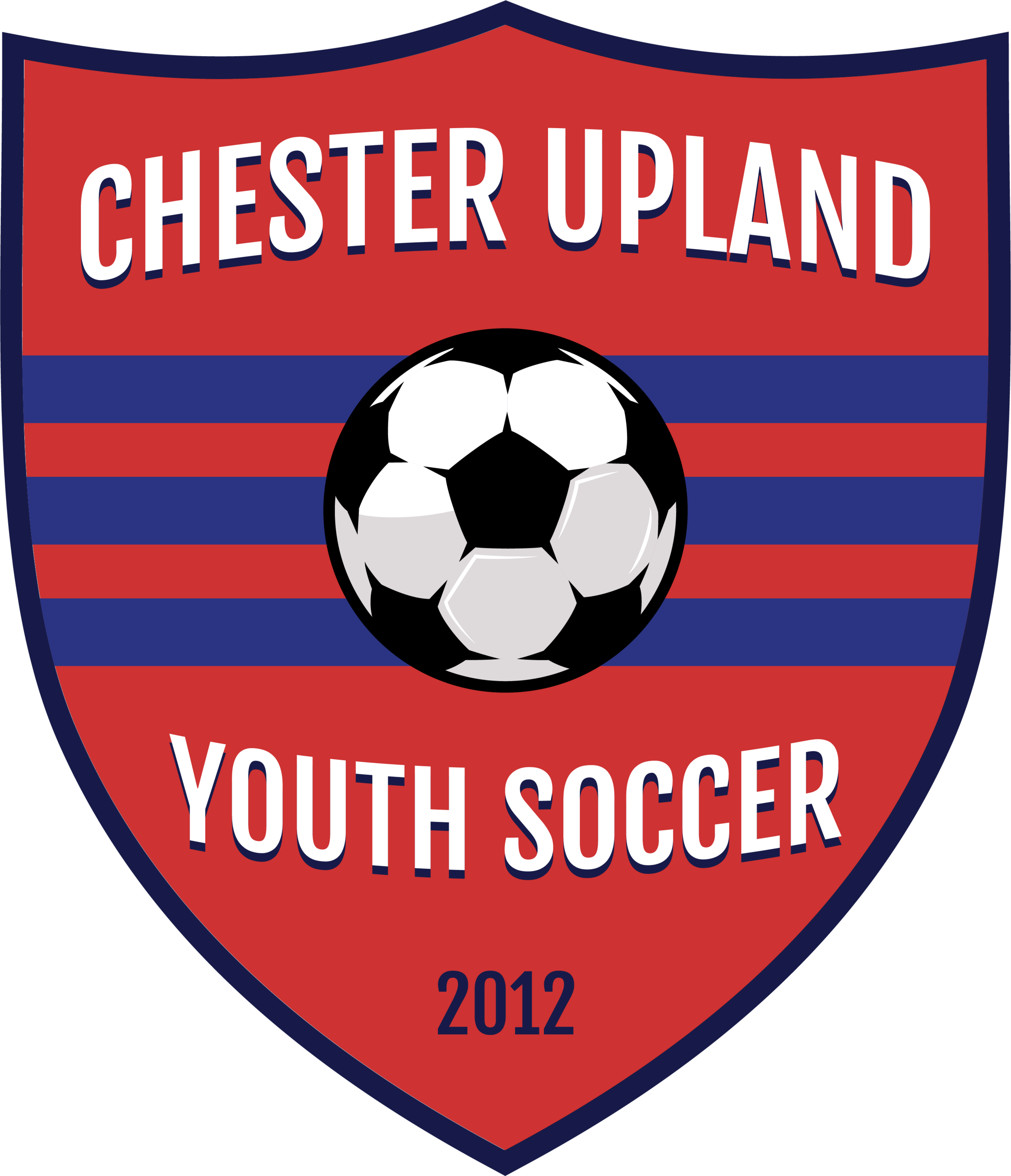chester’s mentoring initiative
march 2023
Member Announcements:
Chester Upland School District is holding a family health fair on April 15th from 10-2 at S.T.E.M. Academy, 1100 W 10th St, Chester.
Child Guidance Resource Centers’ 10th annual Superhero 5K and Wellness Fair will be held on Sunday, May 7th, at Rose Tree Park in Media. This event will be filled with fun family activities, access to community resources, and important information about substance abuse prevention and mental health. Details at https://www.cgrc.org/events/11
Seeking kid/family activities for 2023 Delaware River Fest, Saturday, May 6th from 11:00-2:00 at Subaru Park Plaza in Chester, PA. (Rain date: Sunday May 7th). Please complete this form if interested.
Volunteer with Everybody Eats. Details at https://everybodyeatsphilly.org/volunteer-2
Andrew L. Hicks Foundation is preparing for its annual gala and its summer camp fun. Visit https://www.andrewlhicksjrfoundation.org/ for details.
Swarthmore College’s Scott Arboretum is hosting many events over Spring Break and beyond. Visit https://www.scottarboretum.org/calendar/ to learn more.
Our guest speaker, Andrew Babson, PhD, Co-Founder of Global Possibility Network (GPN) & Senior Research Associate at University of Pennsylvania Graduate School of Education, discussed youth development and belonging. Here are some insights shared during his remarks:
Adolescence is the age when people begin thinking about their lives and planning for their futures. This process requires the support of a caring adult.
As kids become adolescents, they move further from the family unit as the core of their world, and they consider belonging more consciously. Bonding with peers and creating friendships are critical and are templates for future relationships.
Belonging is a key need for a teenager. A key milestone of adolescence is “finding the people who get me.”
The culture of our country can be very individualistic, which is hard for creating a sense of belonging. Other cultures can be much more welcoming, treating everyone as family.
“Belonging” is an intuitive need that we all have. We can influence structures to set people up for belonging. Consider what we are offering them when we invite them to belong.
Think about language as a tool for cultivating belonging. Language can help others feel less alienated and more connected.
Creating traditions and routines can help build a group culture. Kids should be empowered to help build their group culture and co-create the group’s expectations. Empower leadership from within.
When young people feel power over their choices, they feel a stronger sense of belonging.
A successful group will have “cultural mutuality,” defined as a sense of mutual understanding and reciprocity.
Kids will have an intrinsic interest in belonging to a group based on its culture, and they’ll do what they need to do to fit into the culture of the group.
In encouraging kids to belong to a positive group, be very practical about why kids should take the necessary steps. “Here’s the long term outcome. Here’s what happens if you do this…”
If a kid is aligned with a group that isn’t positive, you might take this approach: “I can see why you want to belong with that group but the long-term consequences may be…”
Offer alternatives to groups that aren’t positive. Give kids something else to be a part of. Appeal to their self-esteem. “You’re worth more than what this group offers. What other passions do you have?“ Encourage them to think imaginatively, and be supportive as they explore.
Be relatable. Recognize for young people: “I know it’s important for you to belong.”
Build trust. Kids may look at a system and initially be unsatisfied and distrustful.
Kids don’t always realize how much adults care about them. It is worthwhile for adults to set examples of actively caring so that adults reflect the community value of caring, and help adolescents become caring adults.
When you open up and welcome someone, you are displaying generosity.
When bringing groups together, it helps to have bridge-builders who can help everyone recognize universalities as well as distinctions.
Andrew welcomes everyone to contact him at babson@upenn.edu with reactions, further questions, etc.
See you at our next meeting!
